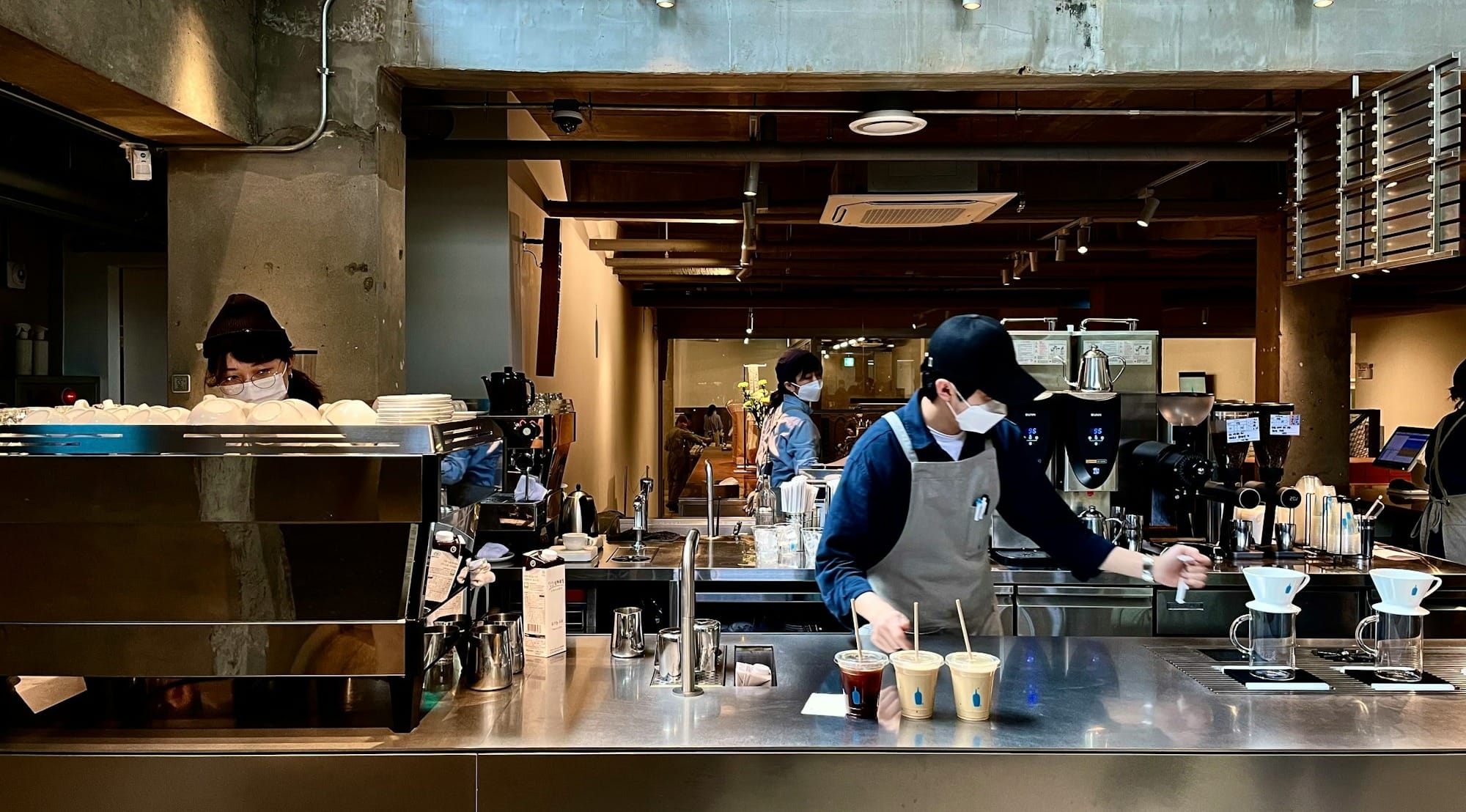Whether you’re coordinating the kitchen as a manager or bringing dishes to life as a line cook, each restaurant job has its unique challenges and rewards. These roles are essential in shaping the lively and inviting atmosphere that diners love.
Introduction to Restaurant Jobs
Diving into the world of restaurant jobs opens up a dynamic and varied field brimming with opportunities. Whether you're donning the apron as a waitstaff, shaking up cocktails as a bartender, or managing the floor, each role plays a pivotal part in the restaurant ecosystem. These positions go beyond serving food or mixing drinks; they shape the customer's dining experience. From bustling kitchens to relaxed dining rooms, the restaurant industry offers environment options tailored to diverse skills and interests.
Moreover, restaurant jobs provide a unique blend of social interaction and fast-paced work, appealing to those who thrive in lively settings. You get to meet new people, work with a diverse team, and develop flexible skills that can be carried forward into numerous career paths. The restaurant industry isn't just a job; it's a stepping stone to a rich career filled with growth, learning, and creativity. As you explore different roles, you'll discover various avenues to expand your expertise and climb the career ladder.

Waitstaff Responsibilities and Skills
Waitstaff are the front-line ambassadors of hospitality in any restaurant, responsible for creating a welcoming and satisfying dining experience. Their primary duties include taking orders, serving food and beverages, and ensuring customer satisfaction. Effective waitstaff have exceptional interpersonal skills, allowing them to interact seamlessly with diverse guests, answer questions about the menu, and handle any dietary concerns. The ability to multitask is crucial, as they often juggle serving multiple tables while maintaining impeccable attention to detail. Additionally, a strong memory aids in remembering orders, special requests, and customer preferences, which enhances service quality.
A solid understanding of cash handling is also essential, as waitstaff often manage payments, provide change, and reconcile sales at the end of their shifts. They must work efficiently and quickly, especially during peak hours, to ensure timely and accurate service. Teamwork plays a significant role in their success, as they frequently collaborate with kitchen staff, bartenders, and fellow servers to create a smooth and pleasant dining experience. Ongoing training and practice help waitstaff hone their skills and stay adaptable, ready to meet the evolving needs of the restaurant and its clientele.
Work Environment and Conditions
Working in a restaurant environment can be both exhilarating and demanding. Fast-paced atmospheres where multitasking is essential are common. Each day differs, ensuring a dynamic and often unpredictable routine. The work conditions in a restaurant can range from standing on your feet for extended periods to managing customer complaints and special requests. Despite these challenges, the sense of camaraderie among staff can make the workplace enjoyable and rewarding.
Teamwork is a critical component in this setting. Effective communication skills and the ability to stay calm under pressure significantly contribute to handling the bustling environment. The importance of organization cannot be overstated, as it ensures efficient operations and high levels of customer satisfaction. A harmonious team can transform a high-pressure situation into a seamless workflow, ultimately leading to the success of the restaurant.
Tips for Advancing Your Restaurant Career
Climbing the career ladder in the restaurant industry often starts with a solid foundation of skills and experience. Begin by mastering your current job and seeking feedback from supervisors and coworkers. Taking on additional responsibilities, such as training new employees or managing inventory, can showcase your leadership abilities. Networking within the industry can also provide valuable opportunities and insights. Attend industry events, join professional organizations, and connect with colleagues on social media platforms.
Education and continuous learning are pivotal in this fast-paced industry. Consider enrolling in culinary courses, hospitality management programs, or specialized workshops. Such learning experiences not only enhance your resume but also keep you updated with the latest industry trends and practices. Furthermore, developing a strong work ethic and maintaining a positive attitude will set you apart. Employers value dedication and a can-do mindset, which can lead to promotions and greater career opportunities.
